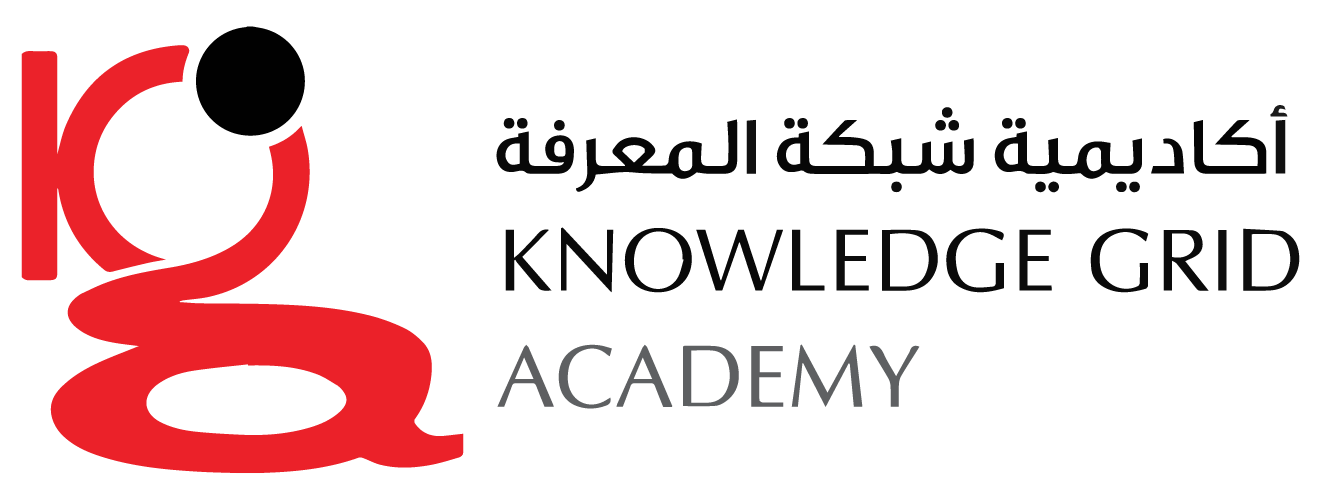Course Aim:
In this Awareness course, participants learn the requirements of ISO 22000:2018 – FSMS (Food Safety Management System) that is based on / aligned with Hazard Analysis and Critical Control Points (HACCP), its pre-requisite programs, and ISO 9001:2015 Quality Management System.
Course Content:
- Introduction to ISO 22000: background & history
- Concept of food safety
- The importance of food safety procedures and complying with the law
- Microbiological, chemical, physical and allergenic hazards and their control
- Good temperature control and stock rotation
- The importance of good personal hygiene and preventing contamination, including hand–washing, protective clothing, cuts and reporting illness
- Keeping work areas and equipment clean and safe
- Safe waste disposal
- Pest control
- Basic requirements of ISO22000:2018 & its interpretation
- Pre-Requisite Programs and HACCP
- Concept of HACCP, Risk & Hazard
- Implementation Strategy for ISO22000
- Process Approach
- Food safety management system & its benefits
Course Objective
- ISO 22000:2018 FSMS concepts and the requirements of the Standard, clause by clause.
- Resources necessary in setting up, implementing and maintaining an FSMS effectively.
- The principles, processes and techniques used for the assessment and management of food risks in the context of an FSMS using the HACCP mode.
- Hazard Analysis- Developing a Proper Risk based study of the Process.
- HACCP Plan- Establishing protocols for the monitoring, corrective action, verification and review of HACCP.
- Pre-Requisite Programs in the context of ISO 22000.
- Food safety best practices in the storage, preparation, cooking service and handling of food.
- Outlining the importance of effective Food Safety Management System ISO 22000.
Who Should Attend?
Those who wish to implement a food safety management system based on ISO 22000 in their organization , Managers, Executives and Food Handlers who will be required to have the working knowledge essential to implement the food safety management system
Pre- Requisites
Basic awareness of Food Hygiene.
Training Methodology
- Theory: 70 %
- Practical: 30 %
Assessment
